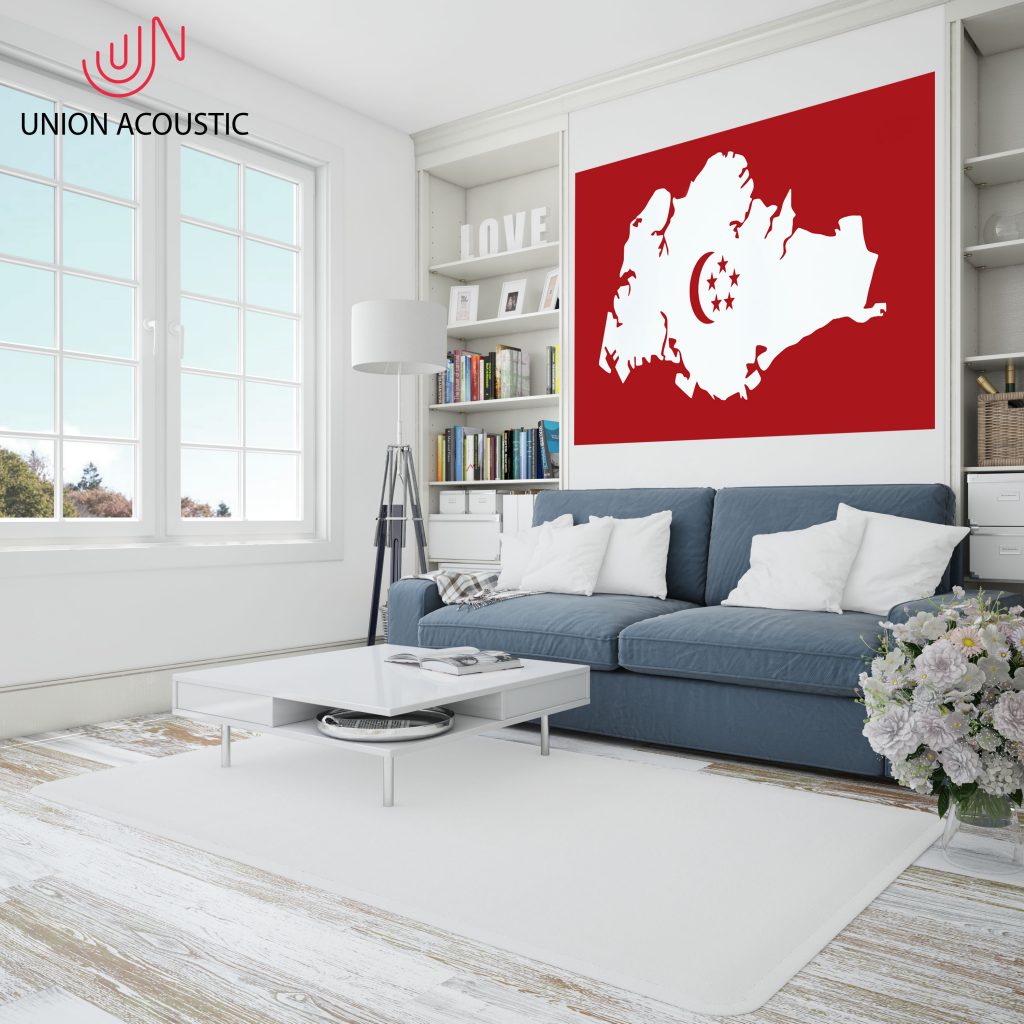
When it comes to soundproofing, there are many questions that can arise. Soundproofing is an effective way to reduce noise levels in a home or office, but it isn’t a one-size-fits-all solution. It’s important to ask the right questions when considering soundproofing to ensure you get the best results.
With that in mind, this blog post will provide an overview of some key questions to ask when evaluating soundproofing solutions. We’ll look into the different types of materials and technologies used, how much soundproofing you need, and how it can impact the aesthetics of your space.
-
What type of materials should be used?
When it comes to soundproofing, the type of material used is incredibly important. Different materials absorb sound waves in different ways, so the material you choose will depend on the space and the type of sound you’re trying to block out.
For example, materials like acoustic foam and rubber are good for blocking mid and high frequencies, while denser materials like mass-loaded vinyl and mineral wool are better for blocking low frequencies. You should also consider the existing walls, floors, and ceiling of the room, and how they can be insulated to reduce sound leakage. Doing research on the different materials for soundproofing available and what they can do is essential before you begin your project.
-
What is the most effective soundproofing technique?
When it comes to soundproofing, one of the most effective techniques is to use acoustic insulation. Acoustic insulation is a material that absorbs and reduces sound waves, and it is often found as a layer of insulation between two walls or in the walls themselves. Additionally, acoustic insulation can also be used to absorb sound outside a room and reduce the amount of sound that enters the room, making it a great solution for soundproofing. There are many types of acoustic insulation available, so it’s important to research which material best suits your needs.
-
What are the potential risks associated with soundproofing?
When it comes to soundproofing, there are certain risks to consider before beginning the project. First, soundproofing materials can be expensive and take up a considerable amount of space. The size of the space you are soundproofing and the materials you choose to use can also add to the cost of the project.
Second, soundproofing can often be a labor-intensive process, and you may need to hire a professional to ensure the job is done properly. Lastly, soundproofing can impact the acoustics of the space, and you may need to use acoustic treatment to improve the sound quality of the space after soundproofing.
-
How much does soundproofing cost?
When it comes to soundproofing, the cost can vary depending on the type of material used, the amount of material used, and the amount of labor involved. Generally, using thicker materials is more effective in blocking out sound, but can be more expensive. Also, if you’re going to be hiring a professional to do the soundproofing, you should factor in their labor costs as well.
-
How much time does the installation process take?
When having materials for soundproofing installed, one of the most important questions to ask is how much time the installation process should take. Depending on the size and complexity of the project, the installation process can take anywhere from a few days to a few weeks. Additionally, it is important to ask whether the project will require any specialized tools or equipment, as this can lengthen the installation process.
In conclusion, soundproofing is a great way to make any room more peaceful and quiet. Whether you’re looking for complete silence or just want to reduce the amount of noise coming in from outside, there are many options to choose from. Before making a decision, it’s important to ask the right questions and understand what kind of soundproofing will be most effective for your particular situation. With the right materials and a bit of knowledge, you can ensure your space is soundproofed to your satisfaction.

**mitolyn**
Mitolyn is a carefully developed, plant-based formula created to help support metabolic efficiency and encourage healthy, lasting weight management.